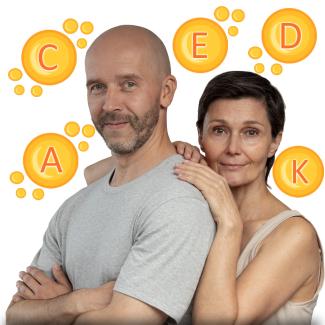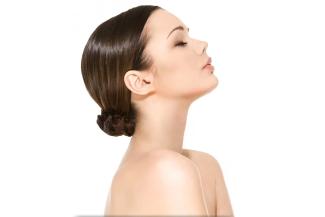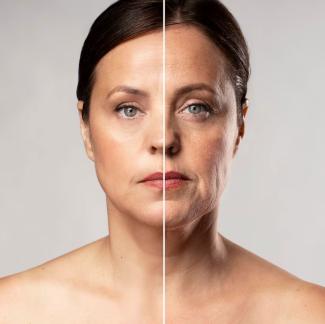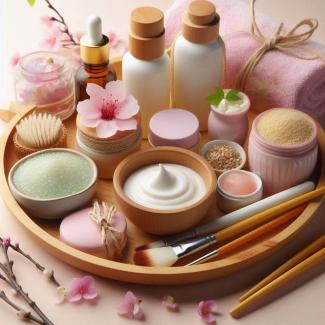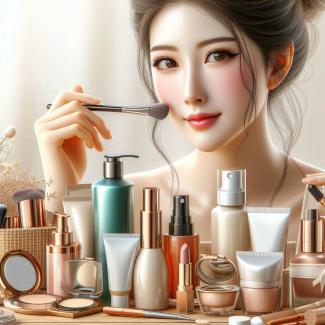Welcome to our comprehensive resource dedicated to the care of the face, nails, scalp, and other vital areas of the body. Here, you will discover a wealth of information on skincare routines, nail health, scalp treatments, and body care practices. Our content features expert advice, product recommendations, and the latest research to help you achieve and maintain a healthy appearance. Whether you're looking for solutions to specific concerns or seeking to enhance your overall beauty regimen, our articles provide valuable insights and practical tips for every aspect of personal care.
Retinol is a form of vitamin A that plays a crucial role in several aspects of human health. It has various effects and benefits on the skin, eyes, immune system, and growth and development.
Several vitamins are essential for maintaining healthy facial skin. Below, I will describe some key vitamins, their sources, and recommended daily intakes (RDIs).
Yes, B vitamins play a significant role in maintaining healthy skin, hair, and nails.
Foods that contain the most retinoids are typically rich in vitamin A or its precursors, which can be converted into retinoids in the body.
Maintaining healthy skin is not just about achieving a radiant complexion but also about ensuring that your skin functions optimally.
Japanese facial care products are renowned for their high quality, innovation, and use of traditional ingredients.
Facial yoga is a practice that involves a series of exercises designed to strengthen and tone the facial muscles, improve circulation, and promote overall skin health.
Japanese cosmetics have gained global recognition for their innovative formulations, effective ingredients, and meticulous attention to quality.
Copper is an essential trace element that plays several important roles in the human body. It is necessary for various physiological functions and overall health.


